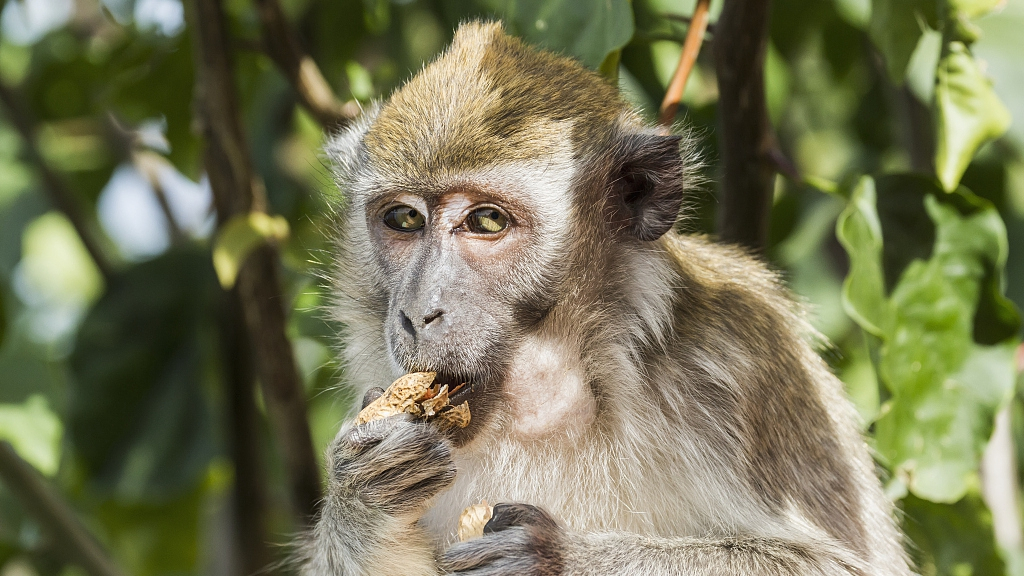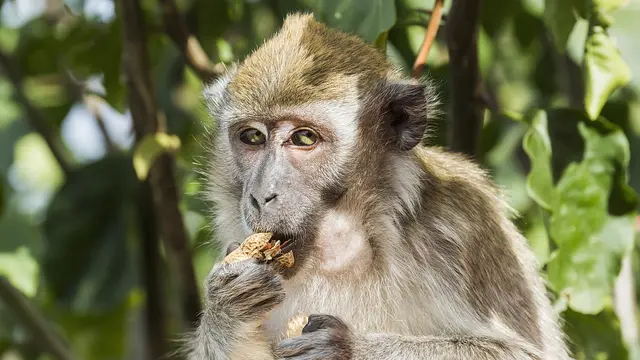
As the COVID-19 pandemic continues to sweep across the globe, all eyes have turned to the prospect of an effective vaccine. A recent study published in
Science
magazine showed that cynomolgus macaques could be adopted as an effective animal model to help scientists screen out drugs and vaccines available to humans.
The study led by Bart Haagmans from Erasmus University Medical Center in the Netherlands has compared the effects of SARS-CoV-2, SARS-CoV and MERS-CoV in cynomolgus macaques, and found the macaques infected with COVID-19 develop mild symptoms to no symptoms, even as the animals were shedding the virus. Researchers said this is similar to how asymptomatic humans shed SARS-CoV-2.
Compared with cynomolgus macaques infected with SARS virus in the past, the researchers pointed out that SARS-CoV-2 could cause diffuse alveolar damage, which is much lighter than the lung damage caused by SARS. However, the animals shed the coronavirus from the respiratory tract very early during infection, meaning the excretion of the virus could reach its peak during this time. These characteristics mean the detection of COVID-19 among the public is harder than SARS and further explain how COVID-19 spread so quickly all around the world.
In addition, the macaques infected with MERS-CoV did not develop obvious symptoms during the trial period.
Meanwhile, the researchers inoculated young and aged cynomolgus macaques with a low passage clinical isolate of SARS-CoV-2, which resulted in productive infection in the absence of overt clinical signs. The increase of age did not affect disease outcome, but there was prolonged viral shedding in the upper respiratory tract of aged animals.
According to researchers, treatments are of great importance to stop the spread of the COVID-19 pandemic, and animal models which recapitulate the disease are also required for treatments to be developed and tested.
Considering the characteristic of virus excretion in cynomolgus macaques is very similar to that of humans, the researchers believe cynomolgus macaques could be a promising and vital animal model to test preventive and therapeutic strategies for COVID-19.
"This study provides a novel infection model which will be critical in the evaluation and licensure of preventive and therapeutic strategies against SARS-CoV-2 infection for use in humans," the researchers noted.
(Cover photo via VCG)
 简体中文
简体中文





